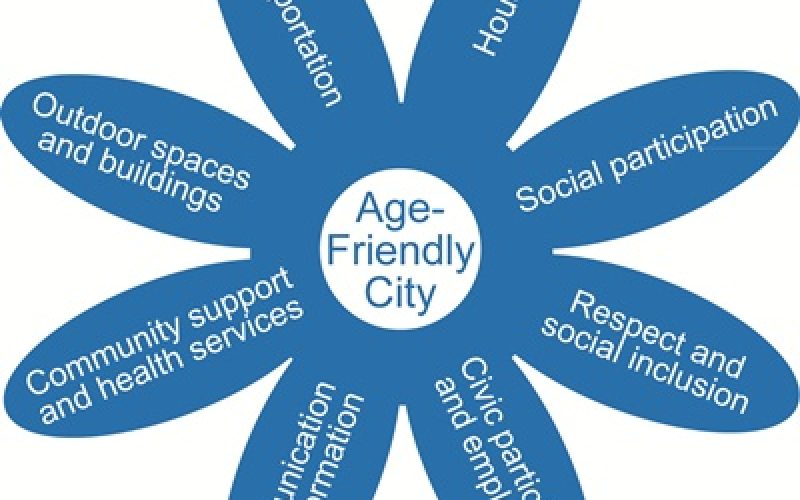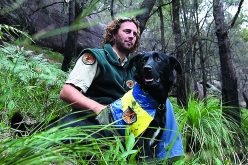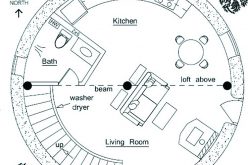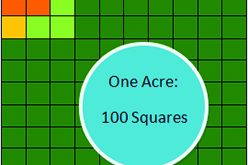 Just as sustainably sourced products often take into consideration the conditions of workers and the support of their communities, sustainable cities must evaluate features such as transportation, housing, and the design of outdoor and indoor public spaces, all of which have an effect on not just the environment but also people of all ages.
Just as sustainably sourced products often take into consideration the conditions of workers and the support of their communities, sustainable cities must evaluate features such as transportation, housing, and the design of outdoor and indoor public spaces, all of which have an effect on not just the environment but also people of all ages.
According to the World Health Organization, “The WHO Age-Friendly Cities Guide highlights eight domains that cities and communities can address to better adapt their structures and services to the needs of older people: the built environment, transport, housing, social participation, respect and social inclusion, civic participation and employment, communication, and community support and health services.” The World Health Organization’s Network of Age-Friendly Cities and Communities operates in 210 cities and communities in 26 countries, with 11 affiliated programs, affecting 88 million people.
Fayetteville was accepted into the WHO Network in January of 2014, beginning a five year process of assessment, engagement, planning, goal-setting, and policy recommendations. The Age-Friendly Fayetteville Initiative Project Team is being led by University of Arkansas faculty members Dr. Jean Henry, Community Health Promotion, and Dr. Alishia Ferguson, Social Work, who are joined by several graduate and undergraduate students. The initiative is in collaboration with many local organizations including the office of Mayor L. Jordan, the FFEAC Council Inclusion Group, The Office of Aging Studies at the University of Arkansas, the Area Agency on Aging, the Fayetteville Chamber of Commerce, the University of Arkansas Fulbright College and College of Education and Health Professions, and Compassion Fayetteville.
For their currently ongoing focus groups, the initiative is seeking people 45 years of age and older who live, work, or play in Fayetteville. Each group will involve about ten people and last approximately one and a half hours. Seating is limited, so it’s best to RSVP to aff@uark.edu or call (479) 316-5677. Upcoming focus groups will be held at the following dates and times, locations TBA:
Thursday March 5, 2015, 5:30 p.m. @ UA campus, HPER 315
Saturday March 7, 2015, 10:00 a.m. TBA
Friday March 13, 2015, 9:30 a.m. TBA
Monday March 16, 2015, 3:00 p.m. TBA
Age-Friendly Fayetteville leaders announced in a press release that “By the year 2020, it is expected that one in four people will be over 65 years old. The majority of older adults prefer to remain in their homes and maintain an independent lifestyle, but this is not possible without communities that provide environments that support healthy, active aging. An age-friendly city encourages active aging by optimizing opportunities for health, participation and security in order to enhance quality of life as people age. In practical terms, an age-friendly city adapts its structures and services to be accessible to and inclusive of older people with varying needs and capacities.” A sustainable, age-friendly city involves people of all ages working together to support each other at every stage of life.
For more information or to register for a focus group, contact Age-Friendly Fayetteville, aff@uark.edu (479) 316-5677. You can also find them on Facebook for updates.
Ripples is an emerging online educational center inspired by a holistic approach to making a difference. Follow our journey to live sustainably and make ripples with our lifestyle at: www.RipplesBlog.org.










